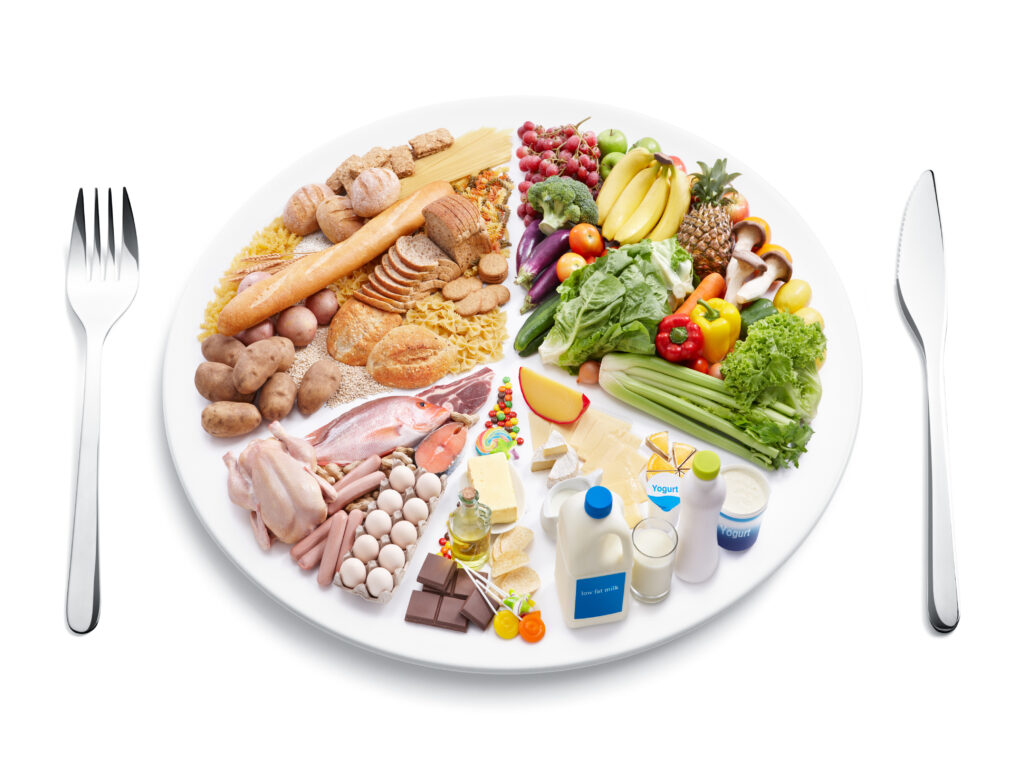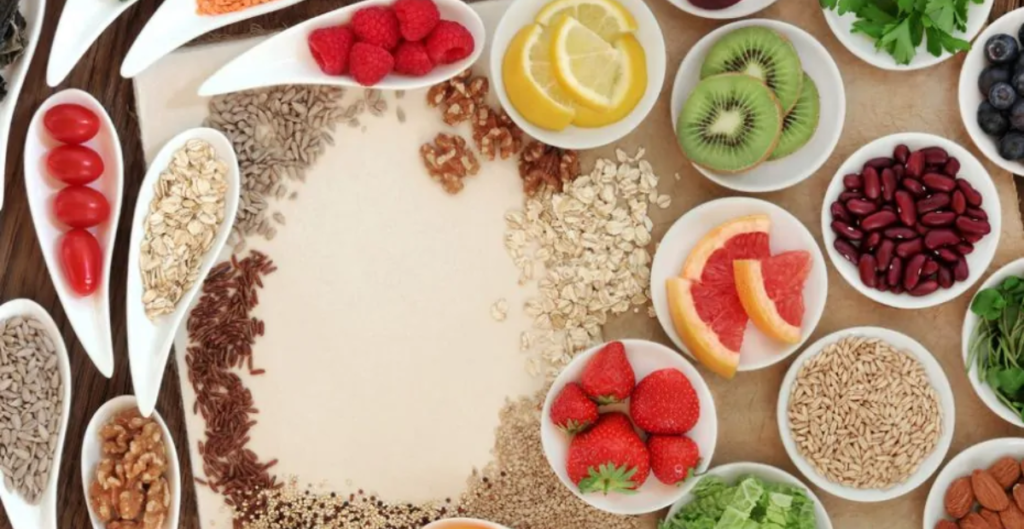Marine Corps Culture: The Secrets of the Marine Corps Diet
study the Marine Corps Diet weight-reduction plan, a nutrition plan designed to build power, staying power, and preserve premiere fitness for Marine Corps training and regular existence.
Marine Corps Culture: The Secrets of the Marine Corps Diet Read More »










